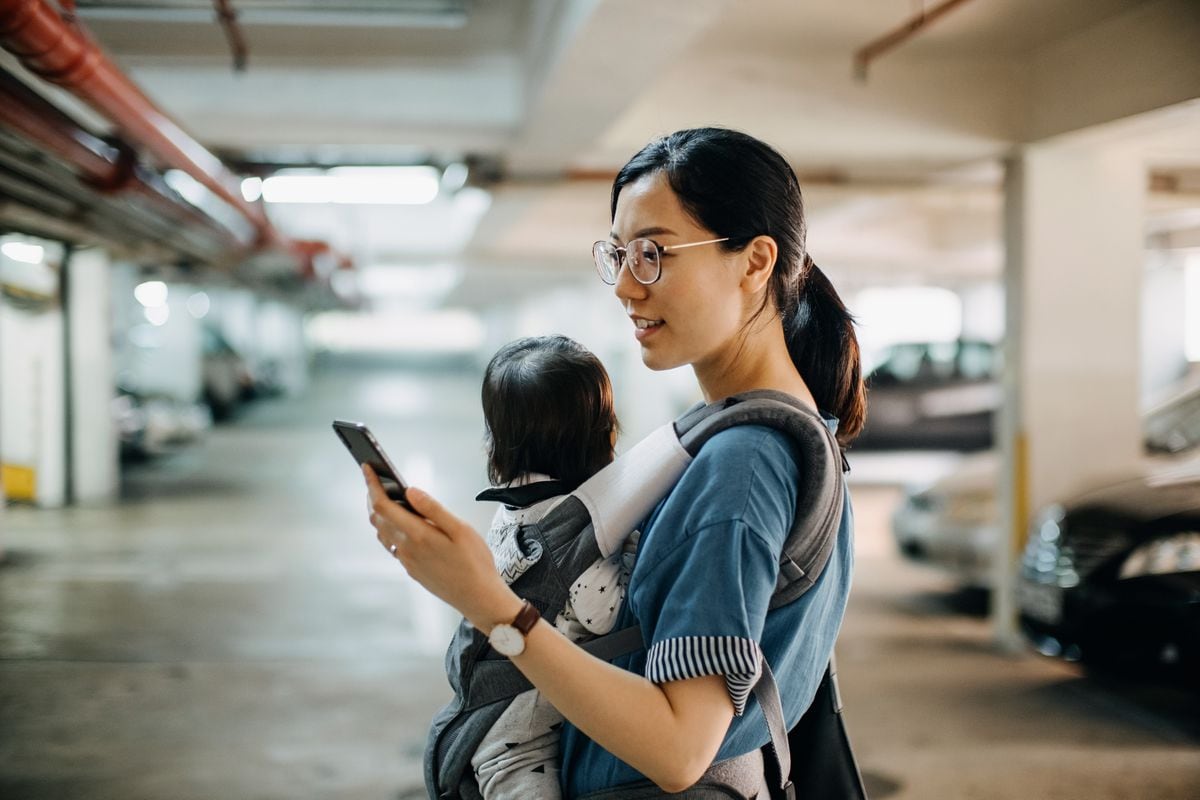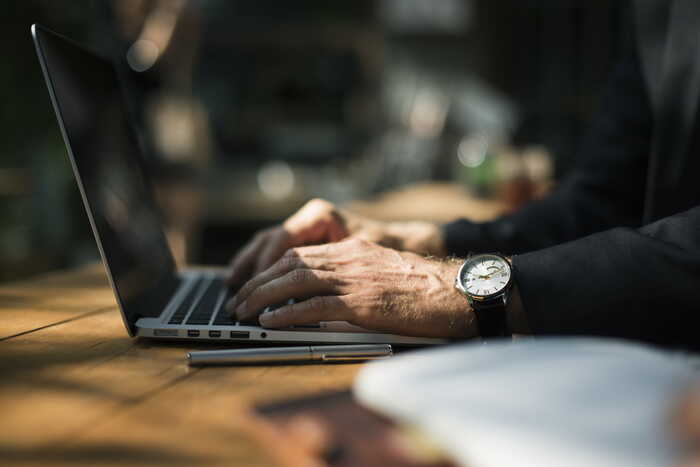The effort to reconcile does not stop being, for everyday, less real.
And in the midst of this struggle to take care of themselves and meet some obligations and others, there is the omnipresence of digital devices: 5 out of 10 women spend between two and four hours a day in front of their mobile phones, and 75% take refuge in social networks to disconnect or entertain.
A time that often goes unnoticed, but that causes discomfort to 44% of women when they become aware of it.
This, at least, is clear from the latest survey by Malasmadres and Movistar on the time spent using mobile devices,
#MalamadreEnModoAvión
.
“Women always tell us that they take little and bad care of themselves, that they don't have time for themselves.
That is why it is important to reflect on the digital connection when it prevents us from spending time on other activities that we need, such as self-care," says Laura Baena, founder of the community that fights to break the myth of perfect motherhood and achieve a real reconciliation. .
Going completely digital offline is probably neither realistic nor necessary, experts say.
On the other hand, what is essential is to be aware of how that time is managed, what that interaction brings us and how many minutes or hours we have left to cultivate our interests and social and family relationships.
For this reason, together with the survey, the Malamadres Club invited 70 women to turn off their cell phones and write down how they felt in a "Malamadre in airplane mode" newspaper.
More information
"I hate my mother's mobile because she is always using it"
In many cases, this led them to be aware of everything they stopped doing when they were caught by social networks.
And that, Baena points out, is the real problem: because not only the time spent on the screens matters, but also how we use the devices and what type of content we consume: “We see a tendency to use mobile phones to disconnect and entertain ourselves, and that's fine, as long as we are able to take care of ourselves and not carry our mobile phones as if it were an extension of ourselves, losing the ability to concentrate and be present”.
Dedicating more time than is advisable to a technological device has clear negative consequences, both for emotional health and for the ability to concentrate and the quality of the relationships that each one establishes with their environment, starting with the family.
“If you leave work at three or four in the afternoon and pick up your son from school at five, and at half past eight or nine he is sleeping, you don't have much time [to share].
And if you spend two of those three or four hours on your mobile, you are missing out on a large part of your child's life, and he is missing out on being with you," warns Rafa Guerrero, an expert psychologist in neuroeducation and emotional management. .
According to the expert, these devices can also "produce a feeling of overwhelm and stress above normal,
for that characteristic that they have immediate reinforcement;
and they exert an addictive power due to those flashes of dopamine that are produced and that are scientifically proven”.
For Guerrero, it is necessary to stop, reflect and analyze what our relationship with technology is and what emotions it generates in us.
Rules for good use of technology
Practicing a healthy use of digital devices necessarily involves being aware of whether we spend too much time on them in our day to day.
And, if so, knowing how to use the means to reverse this situation: "We can, for example, establish a zone free of devices at home: the living room, the kitchen, the toy room... And that there are no no cell phones, no television, no iPad
.
Or use the airplane mode at certain times, every day from six to seven or from six to eight, for example, in which none of these devices are used, ”recommends Guerrero.
From left to right, María Zabala, Rafa Guerrero, Paloma Blanc and Laura Baena, participants in the round table presentation of the 'Malamadre in airplane mode' survey, at the Espacio Fundación Telefónica in Madrid on February 1, 2023. JAVIER ARIAS
Setting rules and limits for everyone is also essential.
Six out of ten families surveyed claim to have rules at home, but most of them acknowledge that these are directed more to minors and not to adults.
A practice that both Baena and Guerrero call attention to: “At home we cannot forget that [parents] are an example both in the use of technology and in everything else.
You have to apply common sense and set common rules in the use of screens that not only force you to limit the time, but to see what content they consume, with what intention and what it brings them, ”says the founder of Malasmadres.
An effort that is sometimes complicated by the increasingly blurred borders between work and family life:
"It's about taking responsibility for healthy use," adds Baena, while recalling the importance of fostering critical thinking in the whole family.
“Screens can be a good tool to get to know each other better: you don't have to turn your back on it, but rather be aware, and of course don't take time away from other family activities,” she adds.
Digital world and self-care
It is not, therefore, a question of living with our backs turned to the benefits that technology provides in terms of our rest and entertainment;
but rather to know how to take advantage of what contributes enough to our lives.
“If most of the time on screens we dedicate to social networks and, furthermore, passively, we have to review what we consume, what
apps
we use and what accounts we follow, to ask ourselves if it gives us enough and if it takes away time for self-care ”, reflects Baena.
Because the possibilities of the digital world are so numerous that today, at the click of a button, we can meditate, learn, practice sports and even open spaces for family dialogue, "to share what we have learned that week, what podcast we have listened to or what news we drew attention.
What we cannot do is unlock the mobile and let ourselves go because, then, is when you stop, look at the clock and think: what have I done in the last hour without realizing it, when I was only going to do a Bizum or send a message? ", Add.
Guerrero offers the last reflection: “Let's think that, in the end, the human being, as a social animal, what he really needs is contact with the other and his understanding, not that a device puts him in a reactive mode.
Although there are those who take refuge in social networks as a substitute mechanism for their relationship with others, our biology and our DNA push us to relate, to bond, to embrace each other and to be in physical and real contact with the other”.
Malasmadres Decalogue
You can follow Mamas & Papas on
,
or sign up here to receive
our biweekly newsletter
.












/cloudfront-eu-central-1.images.arcpublishing.com/prisa/KMEYMJKESBAZBE4MRBAM4TGHIQ.jpg)


